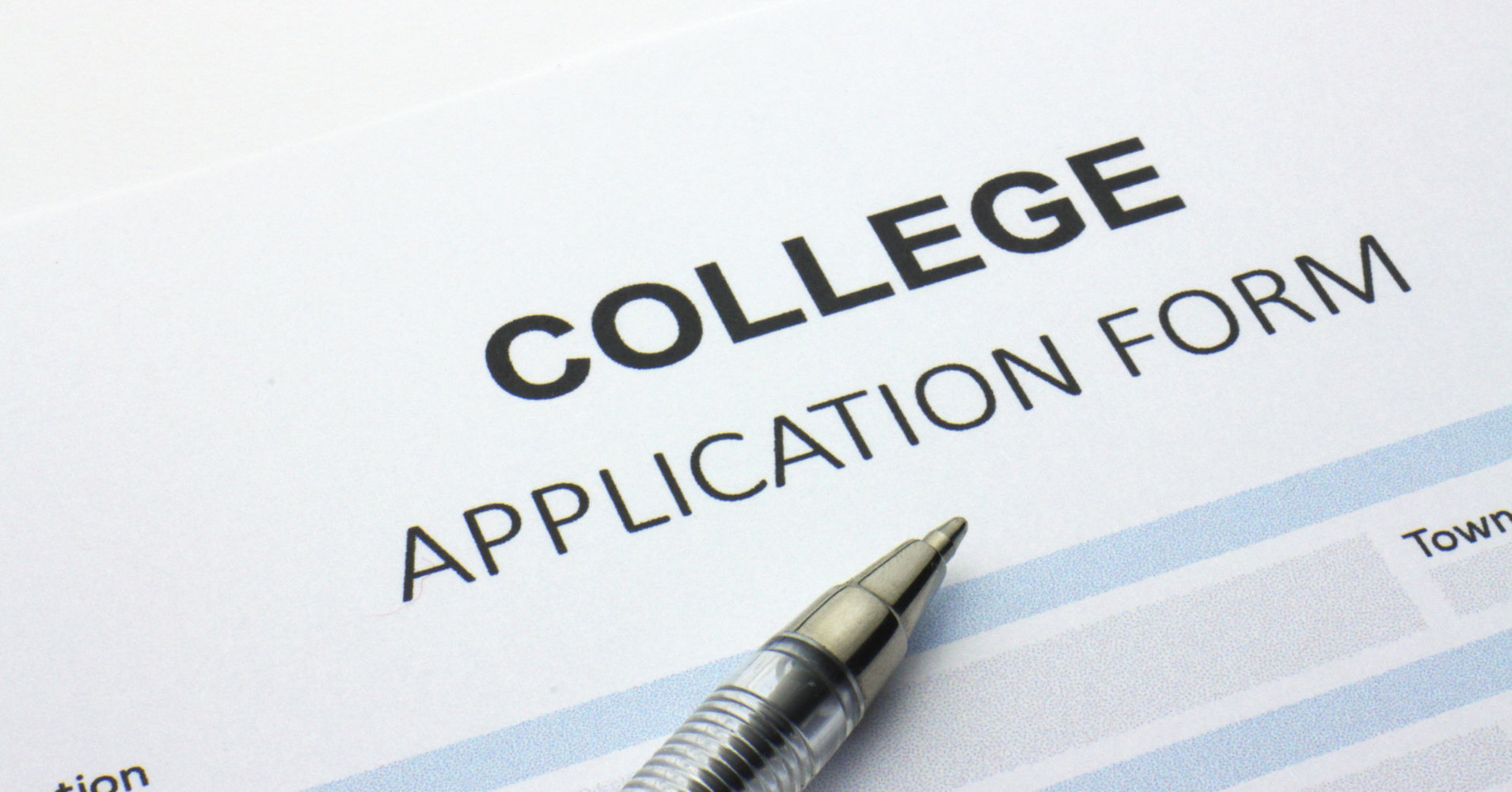
The prevailing wisdom is that junior year of high school is the toughest. However, Ross Mankuta, director of college counseling and academic planning at Milken Community Schools, disagrees.
“We’re firm believers that senior year is the hardest year,” he told the Journal. “They are taking their hardest curriculum in high school while simultaneously applying to college.” And right now, high school seniors are in the thick of it, with the University of California and California State University applications due in November and most others due in January.
Making things even tougher, “admission rates are plummeting everywhere,” Mankuta said, because more people are applying to college than ever before.
“The best role a parent can have for senior year is really to be a consultant,” said Aviva Walls, dean of academic affairs and director of college counseling at Shalhevet High School.
That role, she said, involves checking in with your child once or twice a week to ask where they are in the process and where they might need help. “Students should really be the driver of the process,” Walls said, adding that there are benefits to parents stepping back, including giving students the experience of doing paperwork, a skill they are going to need for the rest of their lives.
For students who are still figuring out where to apply, Sue DeRuyter, director of college counseling and dean of academic advisement at de Toledo High School, recommends they first take some time “to get to know themselves, to start to understand how they learn best … and what excites them about learning. It’s an internal search more than an external search,” she said, noting that once they do this, they will be better positioned to start considering schools.
DeRuyter also recommended visiting a few local schools. “Even if they aren’t considering the campus,” she said, it’s worth doing, as it will help a student begin to determine what they want and don’t want in a school. “It’s really hard to decide what you want to eat if the menu is blank,” she noted.
“Jewish parents want the best for their children and [they feel] the best college is best for their children. But that creates a lot of stress on students.”
— Aviva Walls
Many Jewish students are also looking for a school with a vibrant Jewish community. Walls shared several resources that are helpful in making that determination. One is the Orthodox Union’s Jewish Learning Initiative on Campus (oujlic.org), in partnership with Hillel. The site offers information on both the number and percentage of Jewish students on a campus, the number of Orthodox students, whether there is a Hillel or Chabad, as well as detailed information about kosher food options. Hillel also has its own college guide (hillel.org/college-guide). Then there is Heart to Heart (theheart2heartproject.org), which describes itself as “a grass-roots movement of Jewish college students sharing Jewish life with their peers.”
As for how many schools to apply to, there is no hard and fast rule and, of course, every student is different. But at Shalhevet, for example, the general recommendation is eight to 12, Walls said, with the University of California schools counting as one, since they are covered by a single application. And while it’s fine for students to have so-called reach schools on their list, Mankuta said they should have some “viable” schools as well. (The common term for such schools used to be “safety” schools).
“Shoot for the stars but have a plan here on Earth,” Walls likes to say.
“Too many of our students are close-minded about where they can and should go, and where they deserve to go and what options are out there,” Mankuta added.
Parents, too, sometimes get fixated on a particular school. “What I often say to families is, ‘If you really have your heart set on putting that sticker on the back of your car, do your child and yourself a favor and buy the sticker and put it on your car,’ ” DeRuyter said. “But that doesn’t have to be where your child has to go to college. It’s less expensive, and you will all have a much better year.”
Throughout the process, it’s important to keep in mind a couple of big-picture points: “Where your son or daughter goes to college is not a reflection on your parenting achievement,” DeRuyter said. “Also, where you go to college does not dictate your future success or happiness.”
Few people would argue these points on paper, but they can be hard for parents to accept.
“Jewish parents express love through education from what I have seen,” Walls said. “So they want the best for their children and [they feel] the best college is best for their children. But that creates a lot of stress on students. It isn’t always helpful.”
Ultimately, Walls said, “College is an amazing time in your life no matter where you go.” It’s also not forever. “It’s a winter coat and not a soul mate,” she added. “It’s not who you are married to for the rest of your life.”





















 More news and opinions than at a Shabbat dinner, right in your inbox.
More news and opinions than at a Shabbat dinner, right in your inbox.